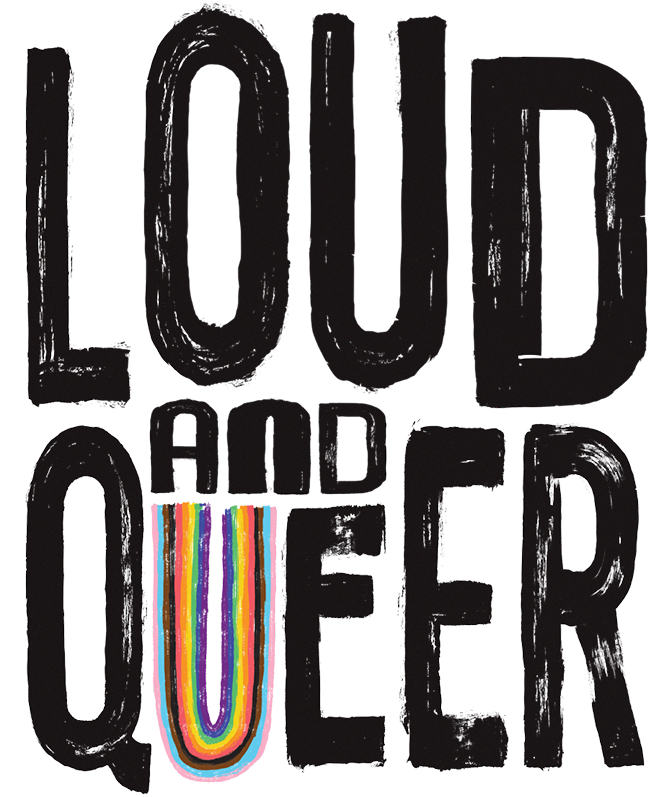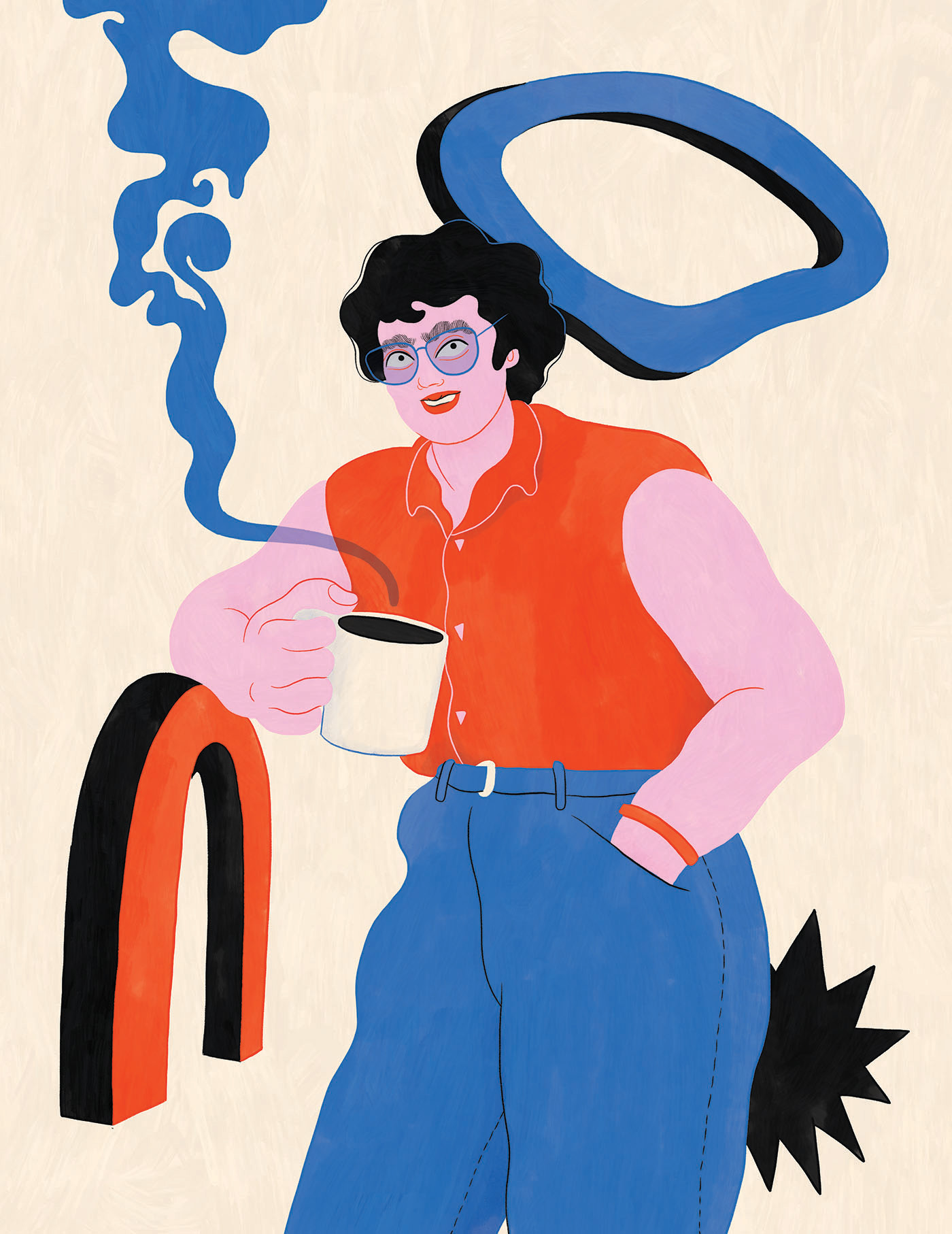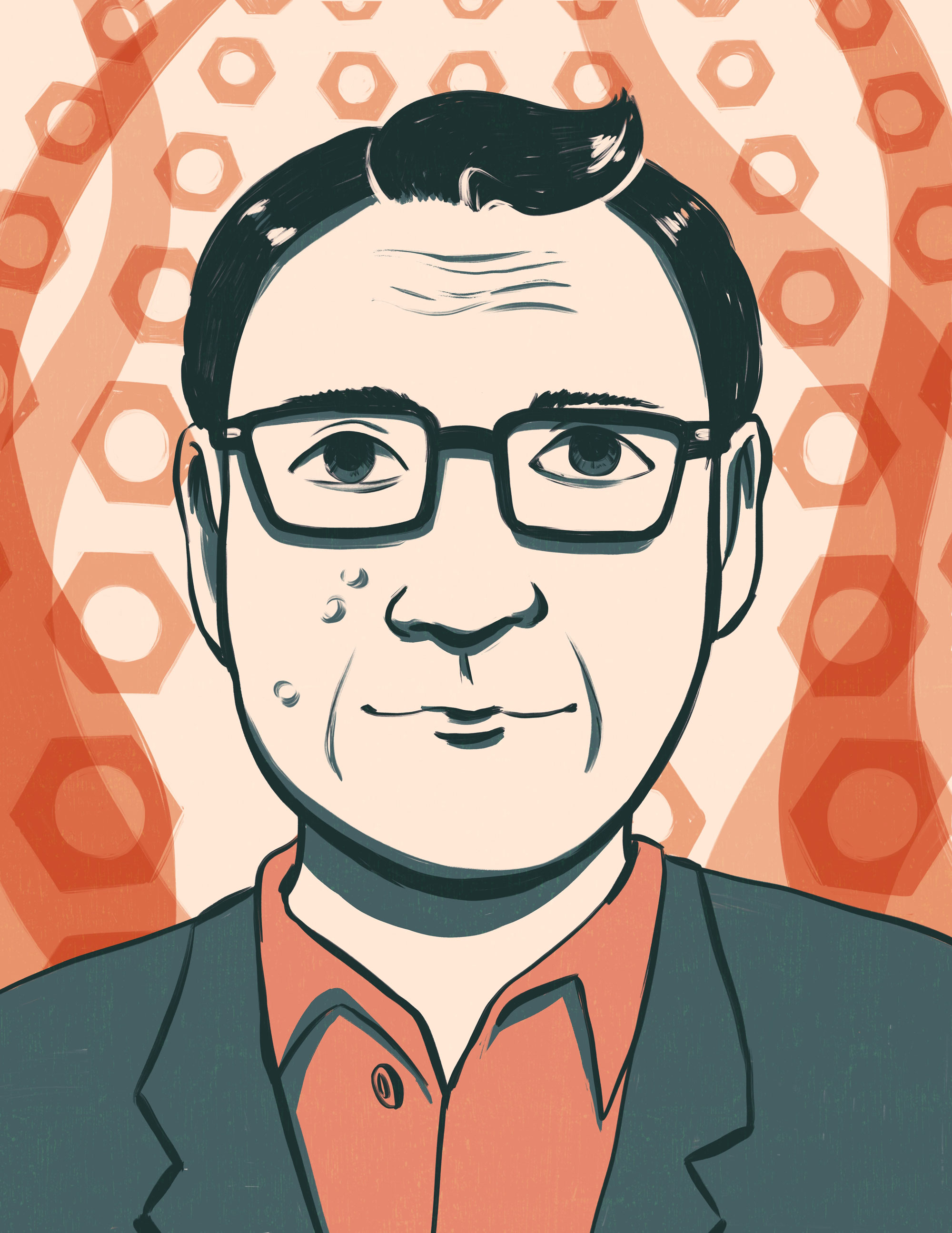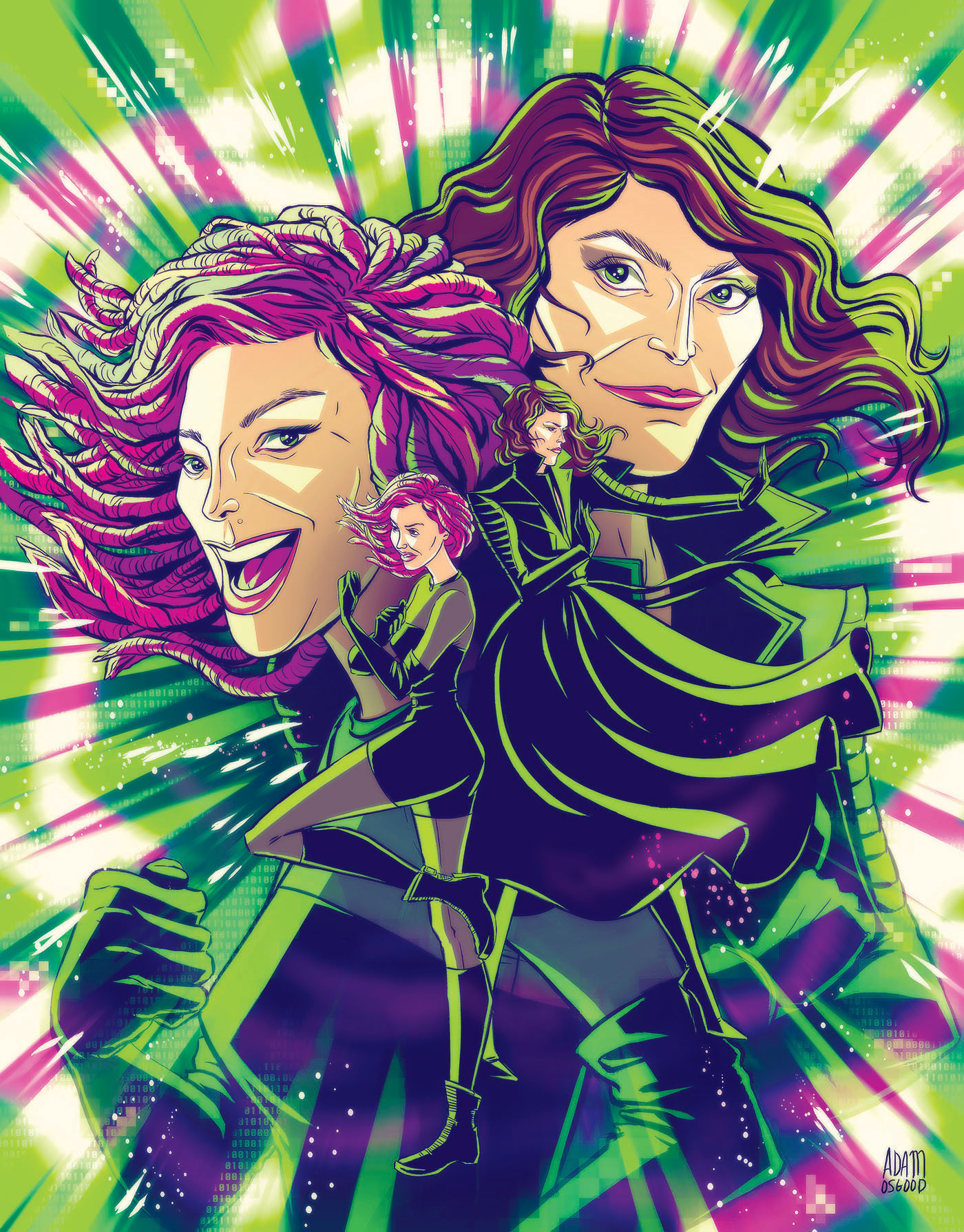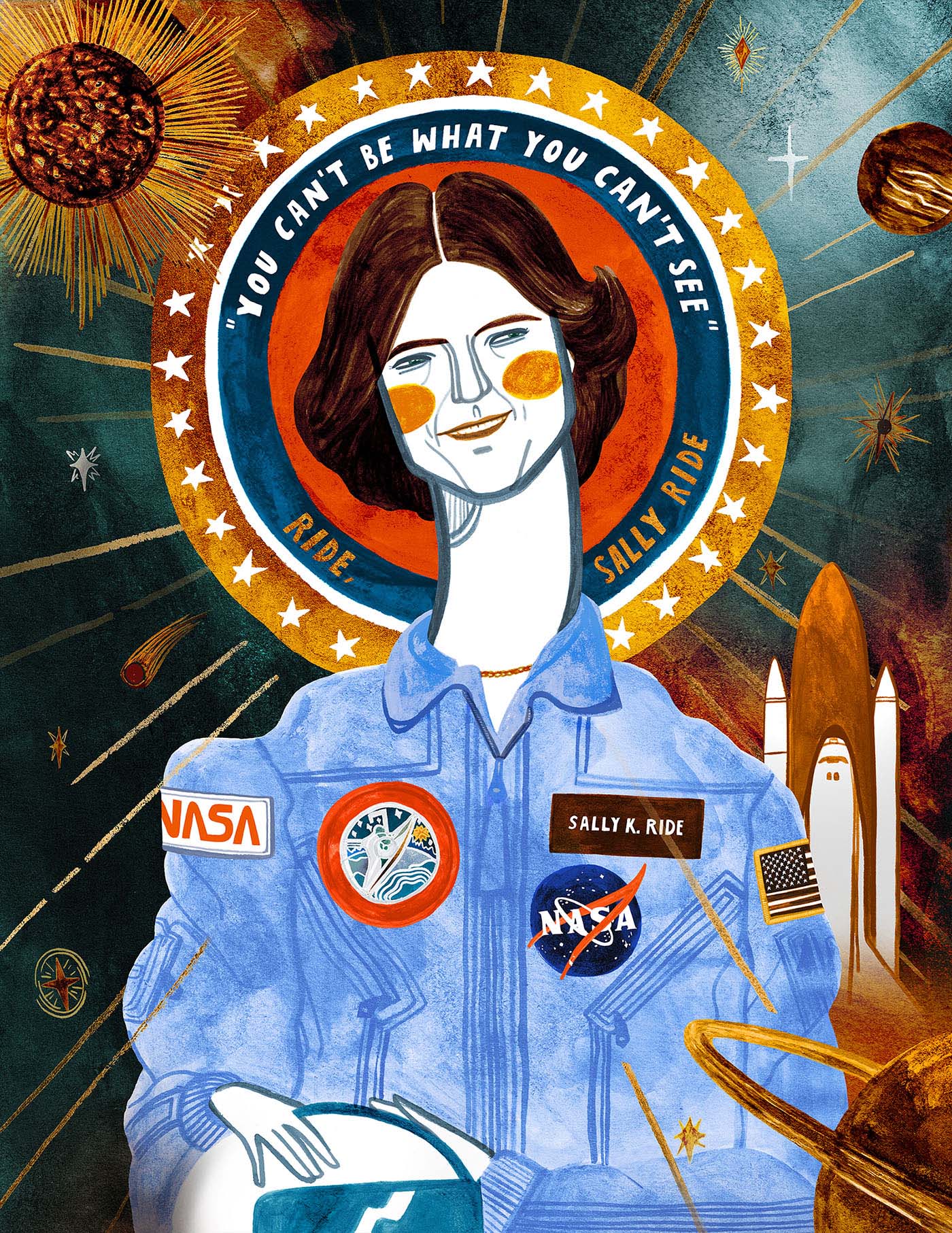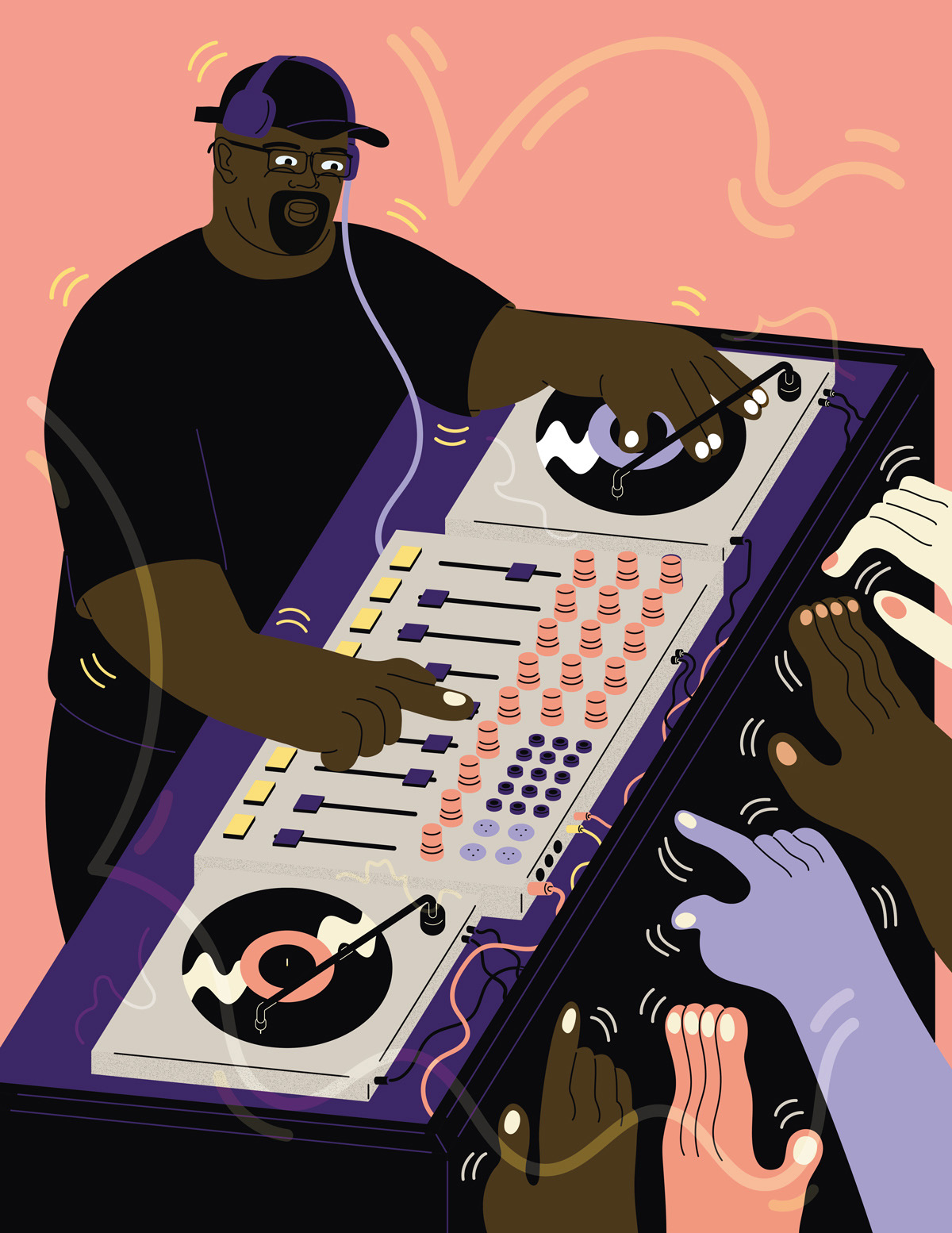
Frankie Knuckles
Artwork By:
Sarah Cliff
Words By:
Grace Perry
Scroll Down


About

It’s a sweltering night in Chicago, July 1979. Two nights earlier, crowds down at Comiskey Park threw broken records onto the baseball diamond, chanting “Disco Sucks!” in an outwardly racist, homophobic riot. But now it’s Saturday, and a West Loop dance floor is packed with gay men, mostly Black, dancing it out to a beat that just keeps on going. Donna Summer blends into British new wave/salsa, into proto-hip-hop, into funk deep-cuts. First-timers here wonder when this song ends, so they can sneak off to get a drink. But they’re quickly learning that at the Warehouse, the beat never stops. Not when Frankie Knuckles is DJing.
Frankie Knuckles was born as Francis Nicholls in the Bronx, New York. He came up in the ‘70s New York disco scene with his best friend and fellow DJ Larry Levan, another gay Black teenager who lived for nightlife (and did drag themselves, too). Soon Frankie began spinning soul, R&B and disco records at iconic, mixed-race dance spots and gay bathhouses. In 1977, Knuckles’ old friend, Robert Williams, invited him to come to Chicago to DJ at his new club, the Warehouse. There, Knuckles would earn his title as the Godfather of House Music.
Knuckles is widely credited as a creator of what would become house music: electronic dance music in 4/4 time, with a steady, thumping bass drum on each beat. Knuckles laid disco cult classics over obscure soul records, splicing in the occasional rock riff, with a resolute dance beat pulsing underneath. His sound was completely novel, and Knuckles packed the club for his marathon Saturday night sets. What began as a gay, Black crowd became straighter and whiter, more mainstream and moneyed. Chicago producers started mimicking Knuckles’ work, and his signature sound was coined Warehouse music — or, for short, house music.
Knuckles would go on to open two clubs in Chicago, bring house music to London, record and produce original albums, and win a Grammy in 1997. But to the queer community, Knuckles is so much more than an award-winner. Indeed, Knuckles’ best remix was flipping a decade ravaged by the HIV/AIDS epidemic into one of optimism, solidarity, and booty-shaking.

